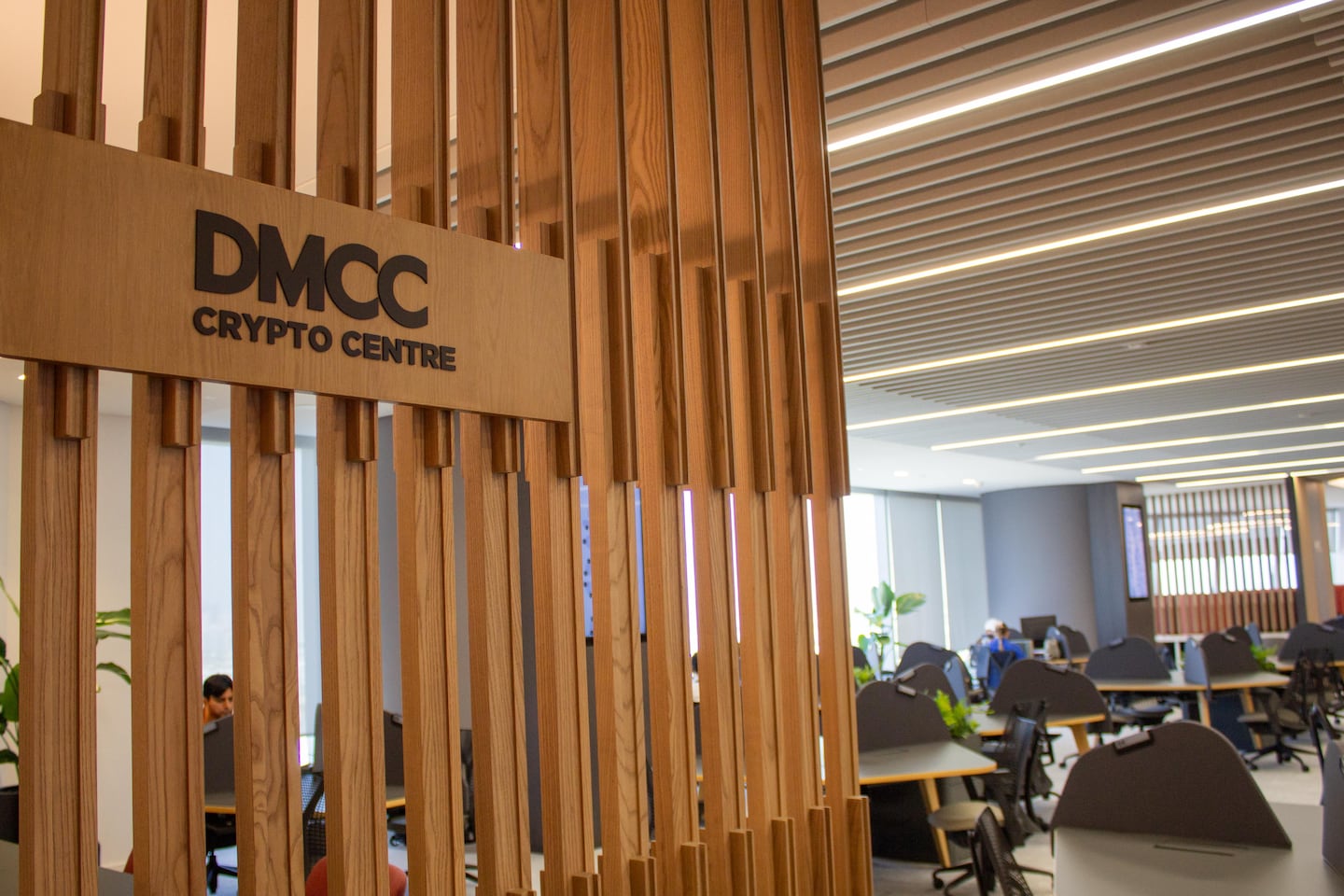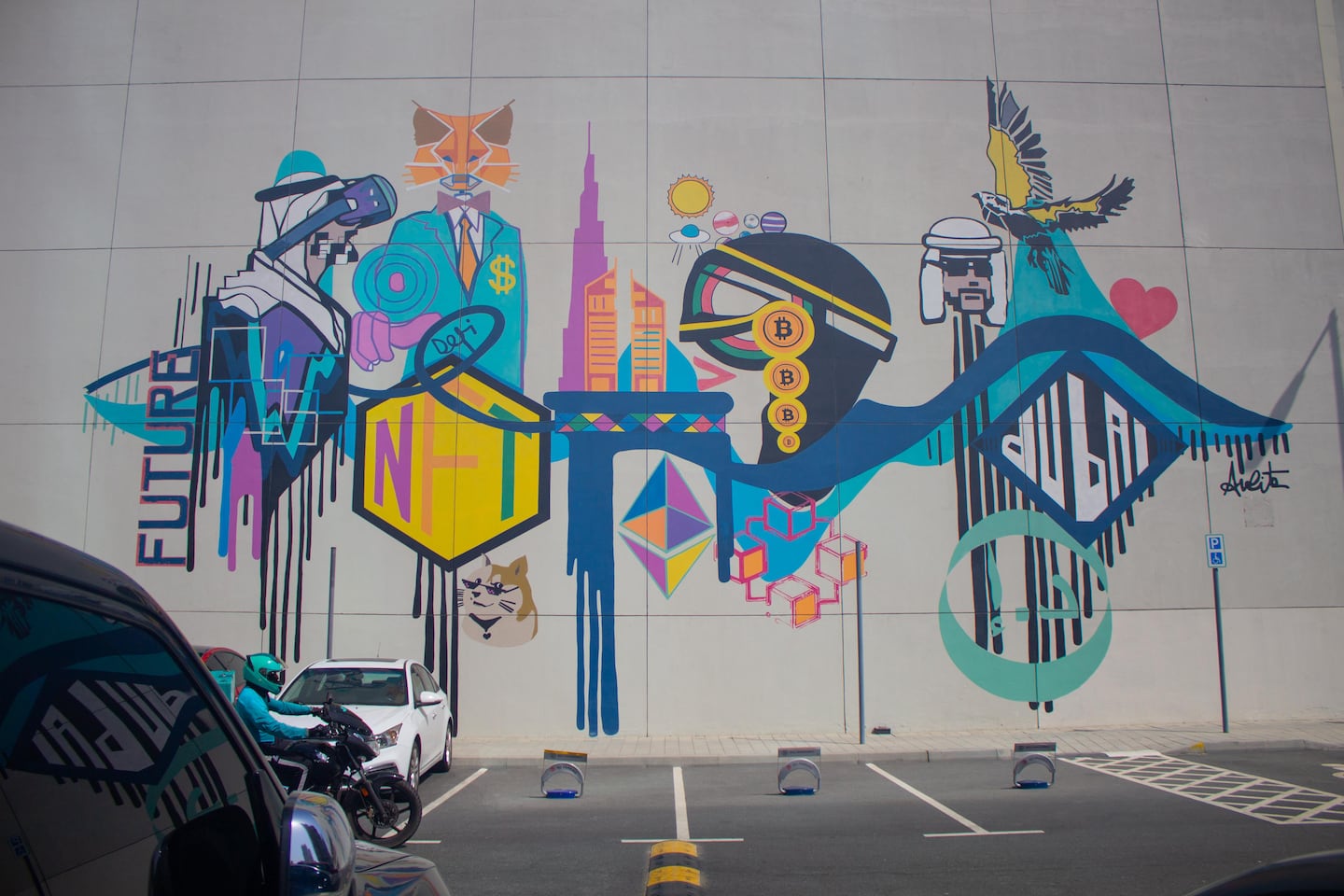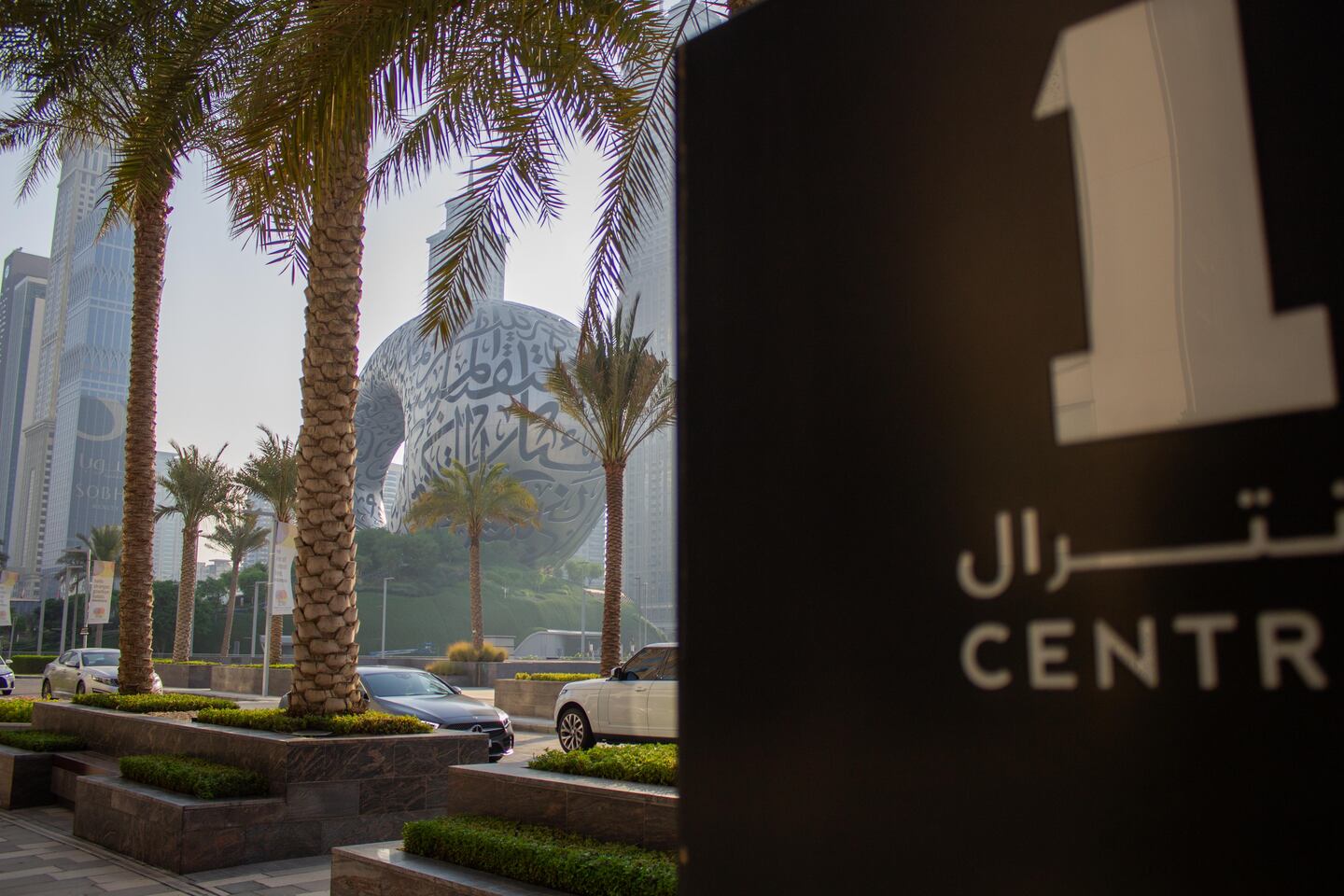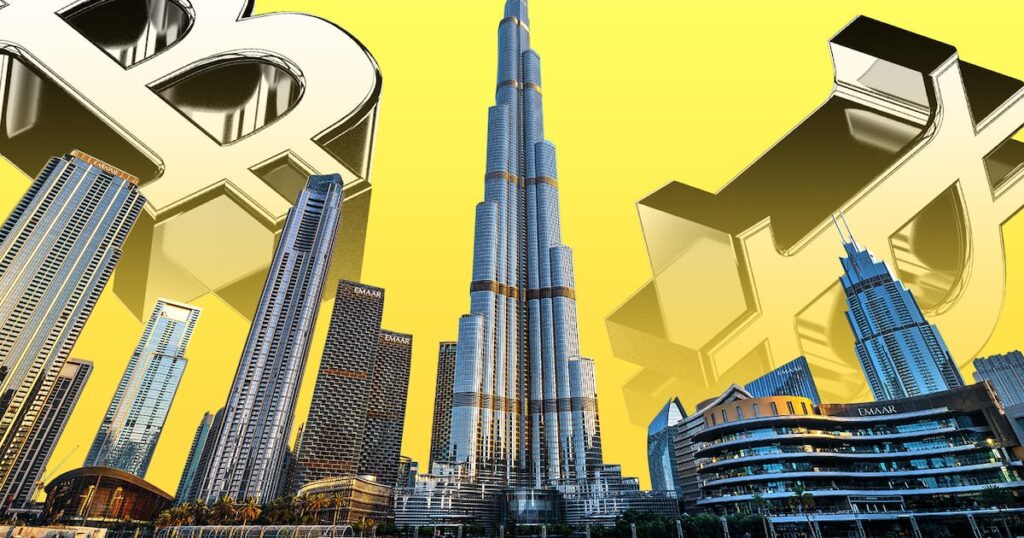- DL News’ Dubai correspondent explores the city’s crypto scene.
- Free zones and regulatory centers are teeming with crypto activity.
- Dubai does not levy income tax.
Dubai’s crypto scene is booming.
In the 12 months ending in June, investors sent $34 billion in crypto transfers to the United Arab Emirates, which does not levy income tax, according to data from Chainalysis. This represents an increase of almost 42% compared to the previous period.
Dubai, the largest city in the United Arab Emirates, has its own digital asset regulator, regularly hosts crypto conferences and is home to some of the biggest names in the industry, including Changpeng Zhao, the former CEO of Binance, recently released from a US prison.
As Asian markets scramble to establish regulatory regimes around crypto and the United States prepares for changes at the White House and Congress, the Persian Gulf nation has become a stable center for the industry.
Here’s a look at how Dubai’s crypto scene works:
Russian doll
The UAE’s cryptocurrency regulatory system is akin to a Russian nesting doll.
The country’s federal government has its own central bank as well as a securities and commodities agency, both of which regulate crypto.
Within the federal government are the seven emirates of the UAE, which are like provinces or states. Dubai, an emirate in its own right, has its own crypto regulator: the Virtual Assets Regulatory Authority – or VARA, as it is commonly known.
Join the community to receive our latest stories and updates
And the city has a series of free trade zones, or geographic locations generally designed to attract specific industries.
Raw materials division
One of them is the Dubai Multi Commodities Centre, or DMCC.
Created in 2002, the free zone targets companies that sell raw materials or products such as gold, tobacco and coffee.
Since then, the DMCC has expanded into real estate development and contributed to the planning of two neighborhoods in southern Dubai. He also planted his flag in tech and tried to entice AI and crypto developers to set up shop in the free zone.
More than 600 crypto companies have registered with the DMCC since 2021, according to Belal Jassoma, director of ecosystems at the free zone.

DMCC’s Crypto Center resides in a futuristic 81-story skyscraper in south Dubai, where a roving kiosk on wheels checks in visitors.
Crypto Center members enjoy a coworking office, qualify for UAE residency visas, and become eligible for various crypto licenses, among other benefits.
“(The DMCC) has a pretty, I would say, thriving crypto ecosystem,” said Arushi Goel, Chainalysis’s Middle East and Africa policy lead. DL News.
A winding complex
Nearly 30 kilometers north of the DMCC headquarters is the Dubai International Financial Center, or DIFC.
Another free zone, it is a winding complex of interconnected buildings and skyscrapers. Along one stretch is a suite of office spaces inhabited by crypto companies, and outside is a mural that is, of course, also an NFT.
Created in 2004, the DIFC is aimed at financial companies. DIFC companies answer to the free zone’s own financial regulator, whose legal system is modeled on English common law.
Other international financial centers, such as Singapore and Hong Kong, have similarly structured their legal systems away from British rule.

“It’s much easier for companies from outside – foreign companies – to adapt,” Goel said, referring to why companies would choose to set up shop in DIFC.
Financial giants like Goldman Sachs, Standard Chartered and even crypto stalwart Ripple have outposts in the DIFC. Smaller crypto companies like Crypto Oasis, a Dubai blockchain accelerator, also have offices in the free zone.
“We want to be positioned as close as possible to these entities, because, ultimately, many solutions that are built in the space are aimed at these types of businesses,” Saed Ereiqat, Head of Ecosystem at Crypto Oasis, said DL News.
Binance Base
One Central is one stop north of Dubai Metro’s DIFC. This is an office complex that houses one of the biggest names in crypto: Binance.
At the end of 2023, Binance moved onto campus. The crypto exchange has around 600 employees in the UAE, according to Vishal Sacheendran, its head of regional markets.

Binance’s fifth-floor office is a cross between a Silicon Valley startup and a traditional financial firm. There is an imposing reception desk in the entrance, but nearby is a games room and beanbags. On one wall, a Binance brand skateboard is displayed.
Binance is not the only exchange in One Central. Bybit also has a large office, which sports a Bybit-branded Formula 1 car. Crypto analysis heavyweight Chainalysis also recently opened an office in the complex.
Regulatory Center
Why is One Central a crypto mecca? Partly because of its proximity to VARA.
The regulator, established in 2022, is the world’s only agency solely dedicated to monitoring digital assets, said Chainalysis’ Goel.
“You want to work with a regulator who is willing to listen to you,” Sacheendran said.
For the Binance executive, it is obvious that his exchange and other crypto companies have set up shop about a 15-minute walk from VARA.
“What are the benefits of always having your regulator on speed dial? » he said. “If there is anything you want to discuss, we always take a call. But if there’s something that would make more sense to meet in person, that’s easy.
Ben Weiss is DL News” Correspondent from Dubai. Do you have any advice? Email him at bweiss@dlnews.com.
Correction, October 30: A previous version of this article incorrectly stated the floor on which Binance has its office. It’s on the fifth, not the eighth, floor.




